I want to match everything before the nth character (except the first character) and everything after it. So for the following string
/firstname/lastname/some/cool/name
I want to match
Group 1: firstname/lastname
Group 2: some/cool/name
With the following regex, I'm nearly there, but I can't find the correct regex to also correctly match the first group and ignore the first /:
([^\/]*\/){3}([^.]*)
Note that I always want to match the 3rd forward slash. Everything after that can be any character that is valid in an URL.
